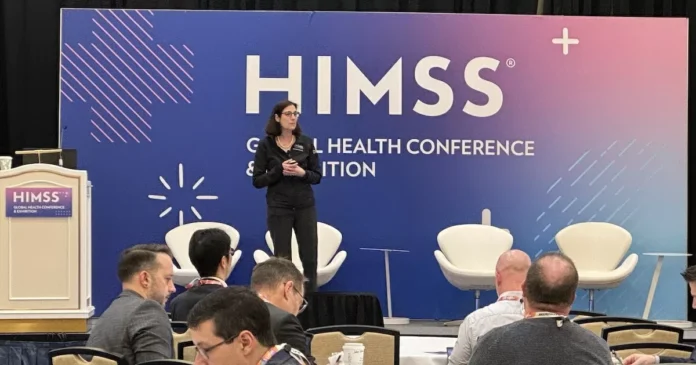In the fast-paced world of healthcare, Houston Methodist Hospital is setting a new standard for patient-centered care. With advancements in technology and a focus on personalized treatment, the hospital has implemented a cutting-edge approach to patient care that is revolutionizing the industry.
At the forefront of this innovation is the use of text messaging, voice technology, and generative AI predictive analytics. By harnessing the power of these tools, Houston Methodist Hospital is able to provide a higher level of care to its patients, making their experience more efficient, convenient, and ultimately, more effective.
One of the primary ways that Houston Methodist Hospital is utilizing these technologies is through text messaging. By allowing patients to communicate with their healthcare providers via text, the hospital is able to streamline communication and improve patient engagement. From appointment reminders to test results and follow-up care, text messaging has become an invaluable tool for patients and healthcare providers alike.
In addition to text messaging, voice technology is also being integrated into the patient experience. With the use of voice-activated devices and virtual assistants, patients are able to access important information and resources without ever having to leave their room. This not only saves time and effort for patients, but it also allows for a more personalized and convenient experience.
But perhaps the most groundbreaking use of technology at Houston Methodist Hospital is the implementation of generative AI predictive analytics. This cutting-edge technology has the ability to analyze vast amounts of data in real-time, allowing healthcare providers to make more accurate and timely decisions about patient care.
Through the use of AI, Houston Methodist Hospital is able to predict potential health risks and provide proactive care to patients. This means that healthcare providers are able to intervene and provide treatment before an issue becomes too severe, ultimately improving patient outcomes and overall satisfaction.
Furthermore, generative AI predictive analytics also helps to streamline processes and improve efficiency in the hospital. By harnessing the power of data, healthcare providers are able to make more informed decisions and prioritize tasks, resulting in a smoother and more effective workflow.
But what truly sets Houston Methodist Hospital apart is its commitment to patient-centered care through the integration of these technologies. By leveraging text messaging, voice technology, and generative AI predictive analytics, the hospital is able to personalize each patient’s experience, taking into account their unique needs and preferences.
This patient-centered focus is evident in every aspect of care at Houston Methodist Hospital. From the moment a patient enters the hospital, they are greeted with a warm and welcoming atmosphere, designed to put them at ease and make them feel comfortable. The use of technology only enhances this experience, making it more convenient and efficient for patients.
Moreover, the hospital has also implemented a patient portal, allowing patients to access their medical records, test results, and communicate with their healthcare providers at any time. This not only empowers patients to take an active role in their own healthcare but also fosters a stronger and more transparent relationship between patients and healthcare providers.
In conclusion, Houston Methodist Hospital is leading the way in patient-centered care through the use of text messaging, voice technology, and generative AI predictive analytics. By utilizing these technologies, the hospital is able to provide a more personalized, efficient, and effective experience for its patients, setting a new standard for healthcare. With a strong commitment to patient care and a focus on innovation, Houston Methodist Hospital continues to pave the way for a brighter and healthier future in the healthcare industry.

